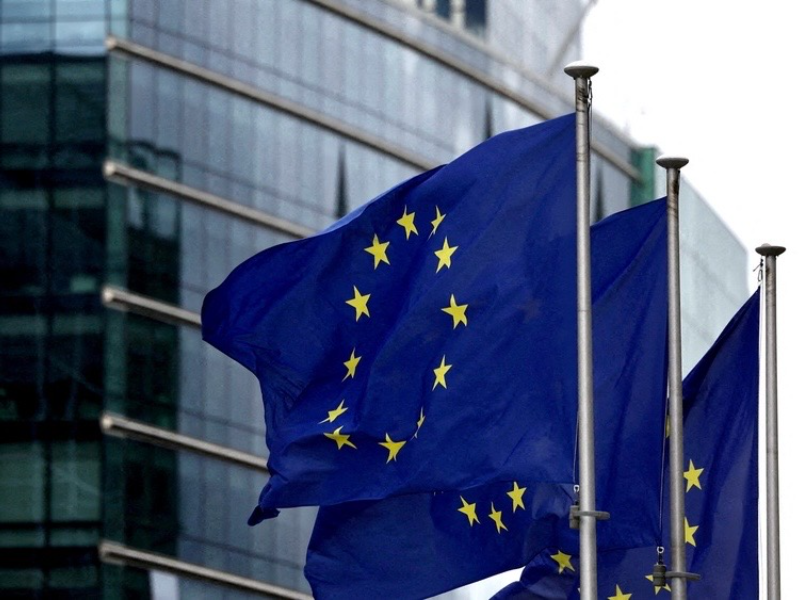- Japan and the European Union are collaborating to develop key materials for chips and electric vehicle batteries, aiming to reduce reliance on China.
- The initiative, led by EU Commissioner Iliana Ivanova, includes plans for an ‘Advanced Materials Dialogue’ to address mutual interests.
- Specifically, the focus is on sodium-ion batteries as a cost-effective, China-independent power source for electric vehicles, amidst an EU investigation into Chinese electric car subsidies.
Japan and the European Union are planning to officially collaborate on the research and development of key materials in areas such as chips and electric vehicle batteries, partly to reduce dependence on China.
Also read: China’s Xiaomi joins the EV race with ‘dream car’ to take on Tesla
Also read: Xiaomi enters EV market amid China auto industry challenges
The framework is set to launch in April
Iliana Ivanova, Commissioner for Innovation and Research of the European Union, stated in an interview that establishing an ‘Advanced Materials Dialogue’ framework in areas of mutual interest would benefit both parties. The framework is set to launch in April in response to proposals from the EU side. According to Nikkei, the framework aims to help reduce reliance on materials such as rare metals from China, which are crucial components of products like electric vehicle batteries.
Ivanova noted that the collaboration might involve materials in fields such as renewable energy, transportation, construction, and electronics. One specific area envisioned by both parties is the development of sodium-ion batteries, seen as a promising next-generation power source for electric vehicles. These batteries do not use rare metals controlled by China and have lower production costs than traditional batteries. With China leading in sodium-ion battery development, the EU hopes to make progress in this area as the shift towards electric vehicles advances.
The European Commission announced an anti-subsidy investigation last year
In October last year, the European Commission announced an anti-subsidy investigation into electric cars imported from China. BYD, SAIC Group, and Geely were selected as the first batch of Chinese car companies to be investigated. According to Chinese customs data, in the first two months of this year, China’s shipments of electric cars to the 27 EU member states slightly exceeded 75,600 units, a year-on-year decrease of 19.6%.

